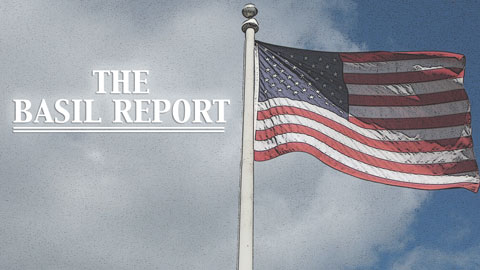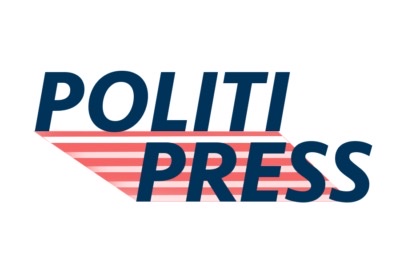On Friday, the House narrowly passed legislation overhauling the nation’s financial system. The measure, if passed by the Senate and signed by the President, would be the first major piece of financial reform since the current recession began back in December 2007.
All House Republicans and even some Democrats opposed the bill, and it will likely be months before the Senate votes on a financial reform bill. That means there are still areas of dispute, and opposition still exists. That’s a good thing, because the House bill has some serious issues.
The most worrying provision of the bill could drastically reduce the important autonomy of the Federal Reserve, also known as the Fed. The provision, introduced by none other than the crazy libertarian from Texas, Ron Paul (author of End the Fed), would give Congress vast new oversight over the Fed.
The measure, vocally opposed by the Fed, would give the congressional Government Accountability Office (GAO) the power to audit the Fed’s decisions regarding interest rates and lending to individual banks.
That might not sound so bad at first glance. After all, the Fed did make some regulatory mistakes leading up to the housing bubble, to say the least. However, Congressional regulation would not simply make the Fed more open, but instead would politicize a century-old institution by making its internal deliberations public.
Congress can’t even manage the nation’s fiscal policy; we’re $12 trillion in the hole. How can we expect Congressmen and women to manage the nation’s monetary policy as well? The House and Rep. Paul were simply pandering to dangerous populism.
Even worse, a non-independent Fed would be subject to the whims of politicians. Would the Fed be able to make the important, but sometimes unpopular, decisions it must if under the control of Congress? Furthermore, who is to stop the House Finance Committee, for example, from lowering interest rates in an election year to pander to business interests?
Additionally, such audits would make public the names of banks that receive loans. Currently, the names of banks that receive direct loans are not released. If names were released by GAO audits – as would happen under Paul’s proposal – there could be a dangerous run on the bank for fear of the bank’s collapse, causing the bank to actually collapse.
If it weren’t for Fed Chairman Ben Bernanke and his actions during last year’s crisis, we would be even worse off than we are right now. It is imperative that the Federal Reserve maintains its independence. I cannot stress that enough.
And will someone vote Ron Paul out of office already?






























